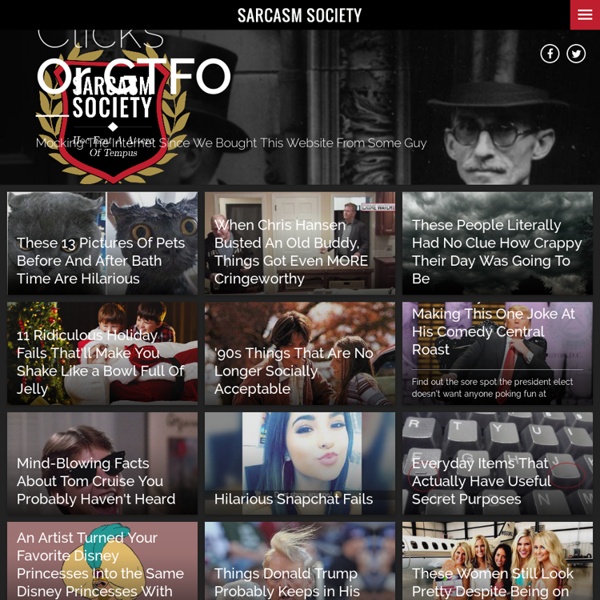



The Power of Now The Power of Now: A Guide to Spiritual Enlightenment is a book by Eckhart Tolle. The book is intended to be a self-help guide for day-to-day living and stresses the importance of living in the present moment and avoiding thoughts of the past or future. Published in the late 1990s,[1] the book was recommended by Oprah Winfrey[2] and has been translated into 33 languages.[3] As of 2009, it was estimated that three million copies had been sold in North America.[4] Overview[edit] The book draws from a variety of "spiritual traditions",[5] and has been described by one reviewer as "Buddhism mixed with mysticism and a few references to Jesus Christ, a sort of New Age re-working of Zen Selected chapters[edit] Introduction[edit] In the book's introduction the author relates his past experiences of "continuous anxiety" with periods of "suicidal depression". Chapter two: "Consciousness: The Way Out of Pain"[edit] Chapter three: "Moving Deeply Into the Now"[edit] Reception[edit] In popular culture[edit]
You Are Not So Smart That's What We DO! Welcome to Adobe GoLive 6 From Los Angeles Times: It's not all about you Chances are, others aren't judging you as harshly as you think, if at all. By Benedict Carey Times Staff Writer January 13, 2003 Oh, things sure took a bad turn. Take a deep breath. A growing body of research shows that far fewer people notice our gaffes than we believe as we pace the floor in private, going over and over the faux pas. Learning to recognize this self-deception can soothe the anxiety that surrounds social interactions. The spotlight effect blinds us in several ways. A pioneer in this field, Tom Gilovich, a psychologist at Cornell, has demonstrated the same exaggerated misperceptions in several situations, such as group discussions about social issues. The findings apply to most of us, of course, but not to everybody -- some people really do live under a microscope, as a chosen way of life. Most of the time a mistake is just a mistake, not a death sentence. Yet we don't expect that same empathy for ourselves.
7 Lessons From 7 Great Minds Have you ever wished you could go back in time and have a conversation with one of the greatest minds in history? Well, you can’t sorry, they’re dead. Unless of course you’re clairaudient, be my guest. But for the rest of us, we can still refer to the words they left behind. Even though these great teachers have passed on, their words still live, and in them their wisdom. I’ve made a list of seven what I believe are some of the greatest teachings by the world’s greatest minds. 1. “If you don’t know where you are going, you’ll end up someplace else.” - Lawrence J. In order for us to achieve our dreams, we must have a vision of our goals. Action: Visualize a life of your wildest dreams. 2. “It was a high counsel that I once heard given to a young person, “Always do what you are afraid to do.” - Ralph Waldo Emerson The best way to learn something is to dive right in to it. Action: You must define your fears in order to conquer them. 3. “All that we are is the result of what we have thought.
Food Timeline: food history & vintage recipes MyLifeIsAverage - Life is pretty normal today SARCASM IN RELATIONSHIPS Sarcasm – a mocking or ironic remark (American Heritage Dictionary) Irony – the use of words to convey the opposite of their literal meaning (American Heritage Dictionary) Sarcasm is a large component of social interaction and conversation. Sarcasm is an indirect form of speech intentionally used to produce a particular dramatic effect on the listener (McDonald, 1999, p. 486). Many people relate sarcasm to irony, but there is a big difference between the two. The subject of sarcasm is complex because many factors are involved. Negative sarcasm, where positively worded utterances convey negative attitudes, is used frequently in everyday language. Sarcastic remarks, like this, are usually accompanied by exaggeration, and intensifiers may be used on the words that state the opposite of how one truly feels. Sarcasm has been found to be “morphologically simpler and more flexible to use than direct forms” (McDonald, 1999, 487). People have different views of sarcasm in relation to humor.
Casual Girl Gamer - A blog about casual gaming Clients From Hell